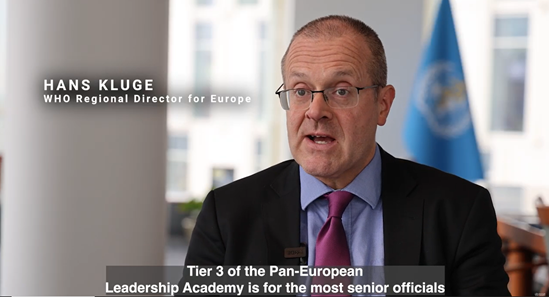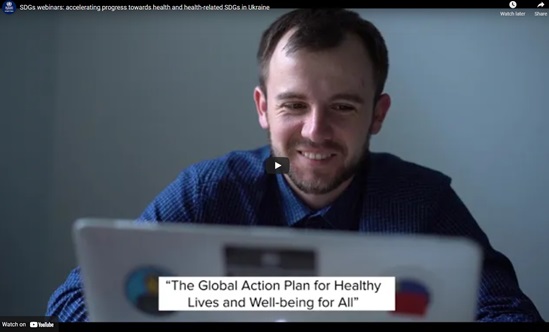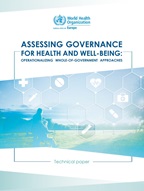Health systems governance
Health systems governance refers to the way in which a country manages and oversees its health system. It involves the structures, policies and processes that guide decision-making and actions within the health sector. Essentially, it is about how the different components of a health system work together under a set of rules and leadership to achieve common health goals and improve population health.
It addresses issues such as:
- How are health-care decisions made?
- Are citizens involved and do they have the chance to participate in health decision-making?
- Are policies designed to ensure fairness and equal access in the health system?
- How is the involvement of other governmental sectors and actors, such as the private health sector, managed to ensure transparency and accountability?
WHO works with countries on enhancing their governance capacities for effective health leadership and engagement within the health sector and beyond.
WHO is supporting countries by:
- advocating for increased civil society and multistakeholder engagement in the formulation and implementation of health policies;
- encouraging governments to enhance transparency and accountability mechanisms within their health systems, particularly when engaging with private sector entities;
- conducting reviews of existing health governance models and mechanisms in the WHO European Region to identify and share best practices;
- strengthening their capacity to work across governmental sectors to develop policies that promote health equity and well-being.









.tmb-549v.png?sfvrsn=eb59f7f1_1)



